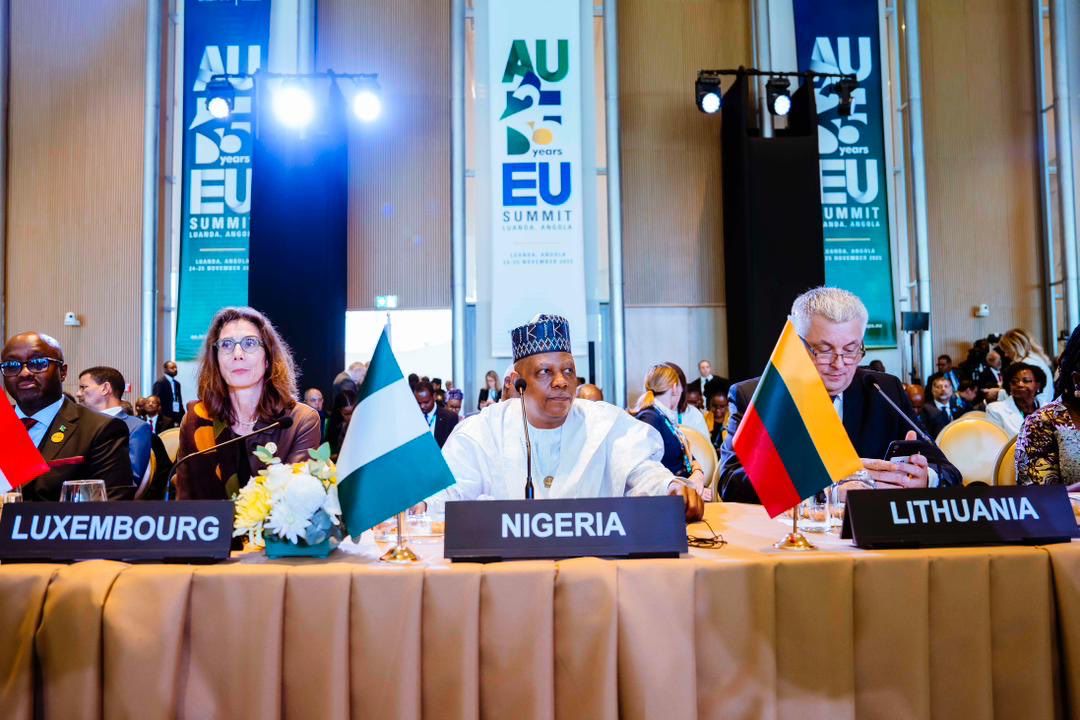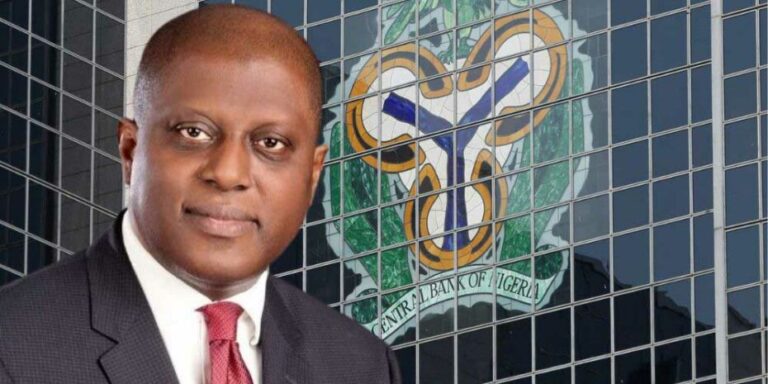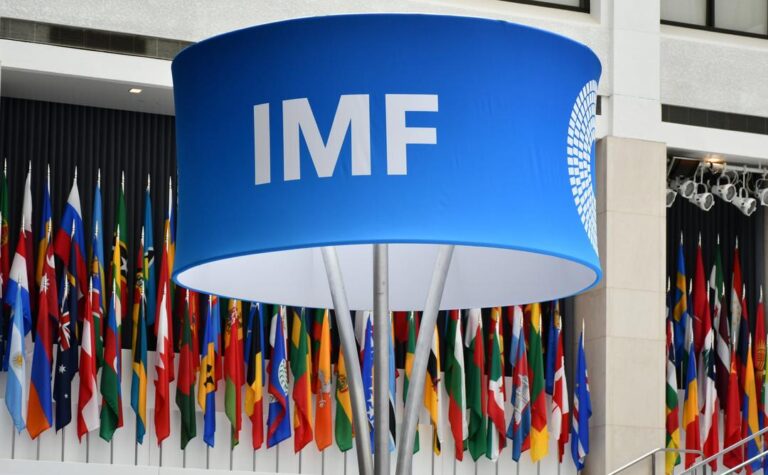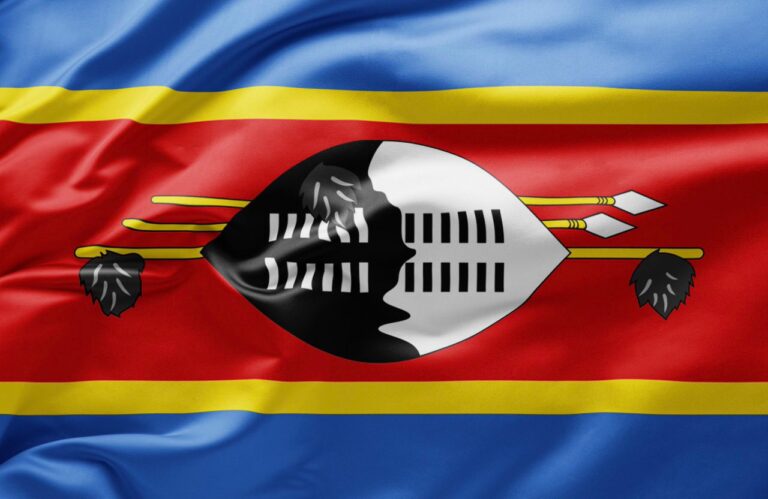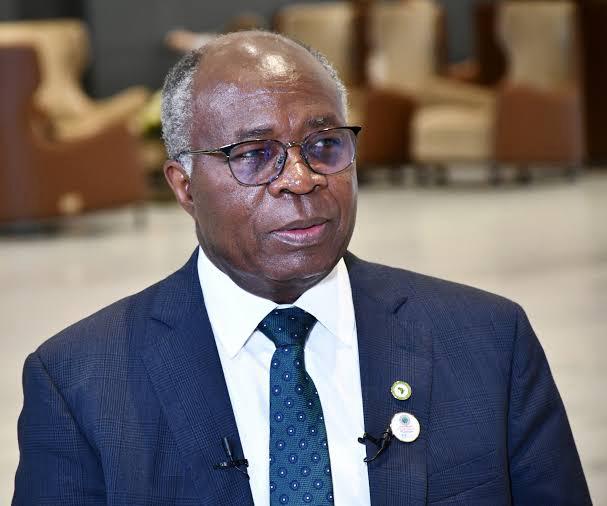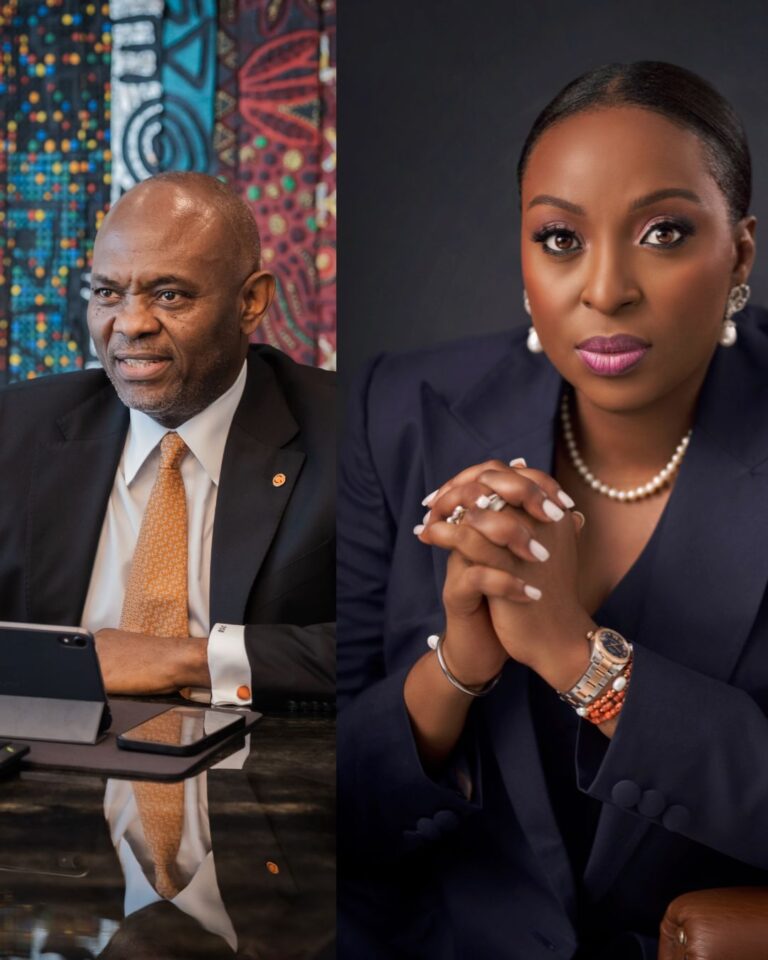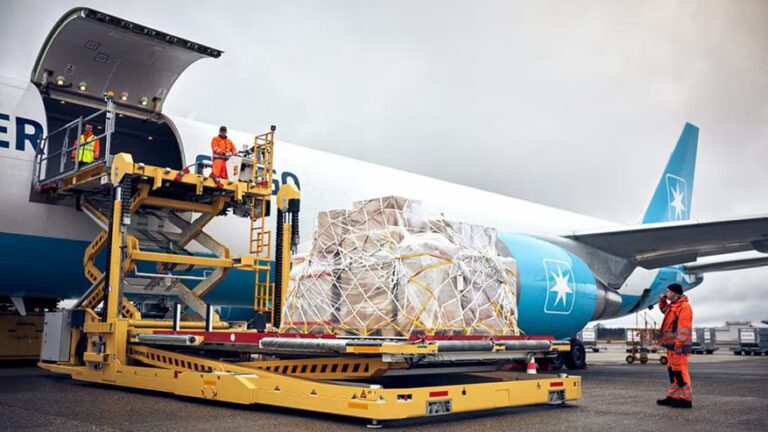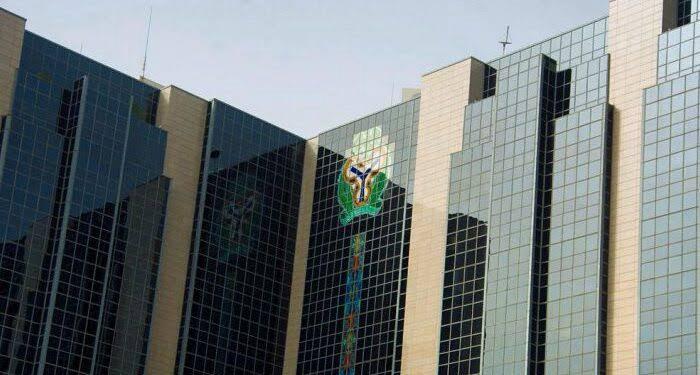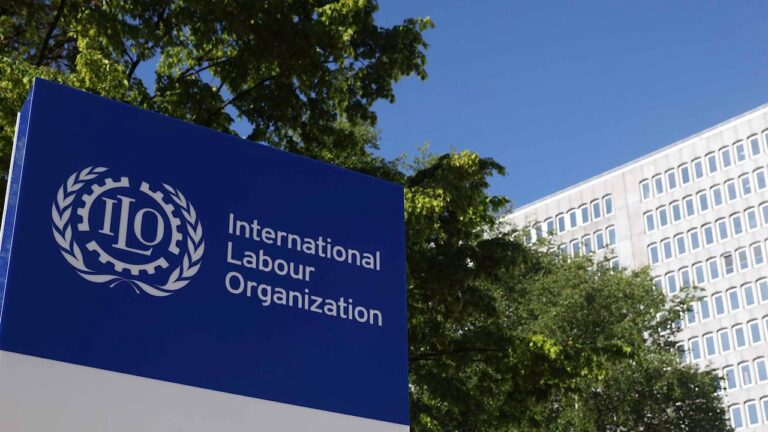By: ThinkBusiness Africa
Nigeria has decisively intensified its push for Africa to secure permanent seats with veto power on the United Nations (UN) Security Council, simultaneously calling for a fundamental shift to African-led frameworks for peace and security across the continent.
The demands were presented by President Bola Ahmed Tinubu, represented by Vice President Kashim Shettima, during the first plenary session on Peace, Security, Governance, and Multilateralism at the 7th African Union–European Union (AU-EU) Summit in Luanda, Angola, on Monday.
President Tinubu insisted that a comprehensive reform of the global governance system is long overdue, highlighting the lack of permanent African representation on the UN Security Council as a historical injustice.
He had made the same call at the 80th UN general assembly in September, stating that the demand for a permanent seat at the UN Security Council isn’t a privilege but a right the continent had earned.
“It is time for Africa to occupy permanent seats on the UN Security Council, with all attendant privileges, including the veto,” the President stated. He called for the immediate commencement of “Genuine text-based negotiations under the Intergovernmental Negotiations (IGN) framework,” and urged EU Member States to support Africa’s “long-standing and legitimate call for reform of the United Nations.”

Addressing the persistent challenges of armed conflict, illicit weapons, climate pressures, irregular migration, and political instability, President Tinubu tasked the European Union (EU) with co-creating peace and security initiatives that are anchored on African-led frameworks.
He firmly rejected the use of private military and security companies (PMCs) in African conflicts, warning that their presence often complicates resolution efforts and undermines state sovereignty.
“Externally driven initiatives, however well-intentioned, cannot succeed at pace without strong regional ownership and a grounded understanding of local dynamics,” the President cautioned, emphasizing that stability requires genuine partnership rooted in regional priorities.
The Nigerian leader reaffirmed the country’s commitment to advancing peace, security, and democratic governance across the continent. He cited the Multinational Joint Task Force (MNJTF) in the Lake Chad Basin as an effective model of African-led cooperative security.
He also disclosed that non-kinetic measures employed by the Nigerian government have led to significant gains against insurgency. “As of early 2025, over 120,000 Boko Haram-affiliated individuals, including family members, have surrendered,” he announced.

Furthermore, President Tinubu highlighted Nigeria’s ongoing efforts to enhance regional capacity through the recent Sea-Lift Agreement between the Nigerian Navy and the AU Standby Force (ASF), which aims to boost Africa’s rapid deployment capabilities for peace operations and humanitarian support.
Recently, Nigeria is faced with intense security challenges. 51 school children were kidnapped by terrorists in Niger state (Northern Nigeria); and 38 Christian worshippers were abducted by bandits from a church in Kwara state (Western Nigeria). All happened last week, forcing the president to cancel his trip for the G20 summit in South Africa, and the AU-EU Summit in Angola.
However, the president said on Sunday that following swift intervention by the security forces all the 38 worshippers were rescued, and the 51 school children had been recovered.




